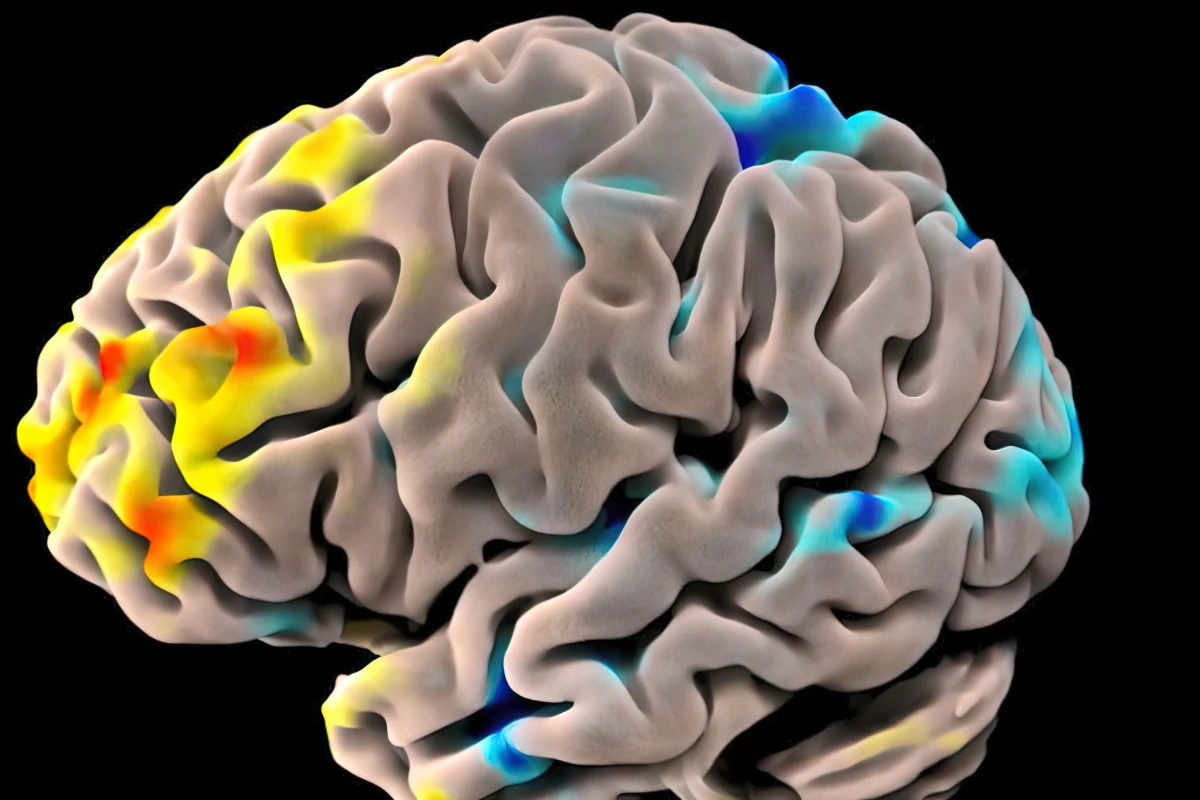A new systematic review has found repurposing some drugs currently used for ADHD and depression could offer small improvements to cognitive symptoms associated with Alzheimer’s disease. The review focused on a family of drugs developed to stimulate the brain’s noradrenaline system.
Noradrenergic drugs have been used for decades to treat a variety of conditions from attention deficit hyperactivity disorder (ADHD) and depression, to insomnia and high blood pressure. They work by targeting a neurotransmitter called norepinephrine, which plays a role in a number of cognitive processes including arousal, attention and memory.
Over the years, as far back as the 1980s, a number of small clinical trials investigated the effects of noradrenergic drugs on Alzheimer’s. However, the results were never generally convincing enough to be seriously pursued, and other research areas became more popular targets for study.
More recently, a number of studies have rekindled interest in the relationship between Alzheimer’s and the brain’s noradrenaline system. From discoveries suggesting the earliest stages of Alzheimer’s neurodegeneration may occur in the locus coeruleus (LC), a brain region responsible for the production of norepinephrine, to indications apathy is an early symptom of disease, a team of UK researchers were inspired to review past investigations into the effect of noradrenergic drugs on the disease.
The review pooled data from 19 previously published studies, encompassing 1,811 patients. A number of different noradrenergic drugs were studied in the review, including modafinil, mirtazapine, and clonidine.
The results revealed that use of this family of drugs led to small, but significant, improvements in cognition and large improvements in apathy. The researchers are cautious to note the limitations in pooling data from different trials conducted over several decades, but they do conclude there is a good case to be made for a new clinical trial investigating whether these drugs could be useful as a treatment for Alzheimer’s.
“In patients with dementia or MCI [mild cognitive impairment] caused by Alzheimer’s disease, pharmacotherapies targeting the noradrenergic system can improve cognition and apathy,” the review concluded. “These therapies do not appear to have any beneficial effects on attention or episodic memory. Based on this meta-analysis, and recognition of the importance of LC-NA system in multiple neurodegenerative diseases, there is a case for further clinical trials of noradrenergic agents in Alzheimer’s disease and other neurodegenerative conditions.”
Experts not affiliated with this new review call the findings promising. David Smith, from the University of Oxford, said the analysis was important and well-performed, but stressed these drugs may only slightly improve a patient’s symptoms and don’t seem to influence progression of disease.
“There was no evidence that the drugs influenced the progression of the disease but they did improve a few symptoms, notably apathy,” Smith said. “A small, probably not clinically relevant, improvement in cognition was also found. The report should stimulate further trials in particular with combinations of these drugs with other symptomatic treatments.”
Sian Gregory, from the Alzheimer’s Society, said there is a lack of treatments available to Alzheimer’s patients right now and something that could even slightly alleviate a patient’s symptoms may be valuable. Gregory called for further clinical trials to explore the potential for noradrenergic drugs for Alzheimer’s.
“This promising new research could help to improve the lives of people living with Alzheimer’s disease in the future, helping to reduce the effect of common symptoms such as memory and thinking problems and improving apathy,” said Gregory. “Because drugs that act on the chemical messenger noradrenaline are already commonly used to treat disorders like ADHD and depression, clinical trials to assess their benefit for people with Alzheimer’s disease should be straightforward.”
The new study was published in the Journal of Neurology Neurosurgery & Psychiatry.
Source: BMJ




